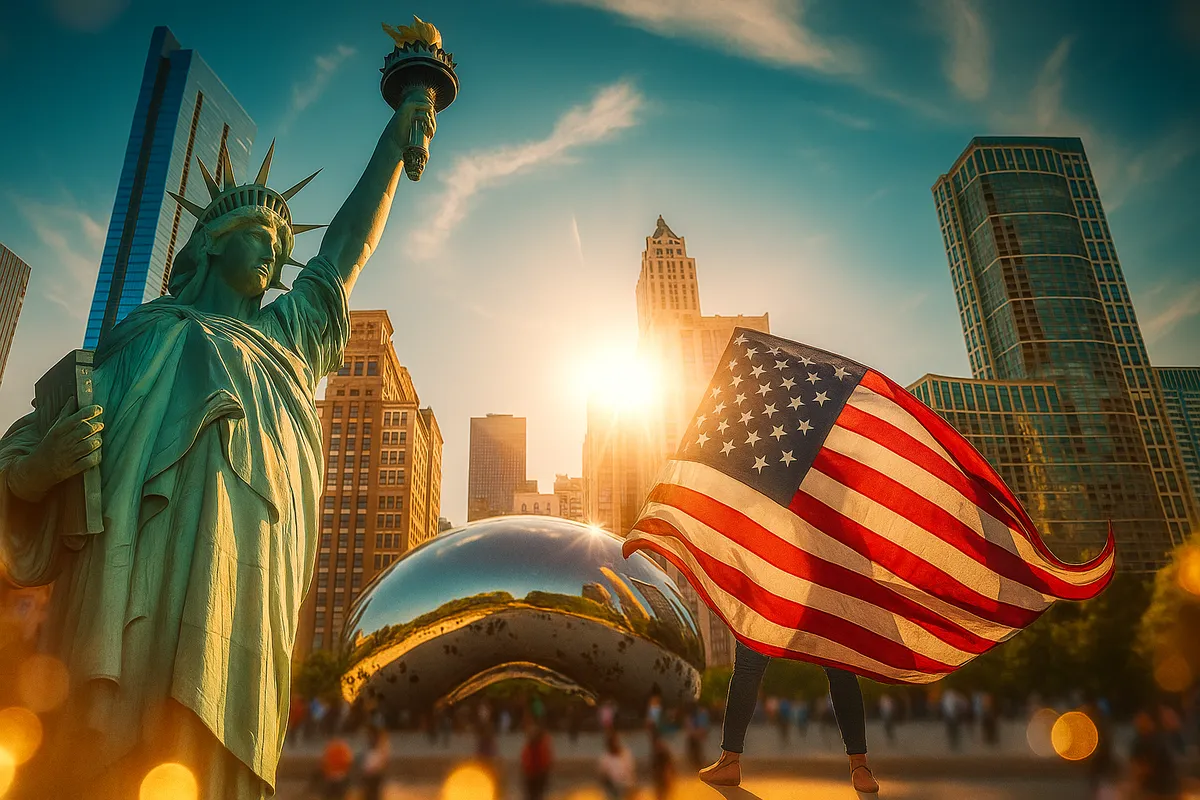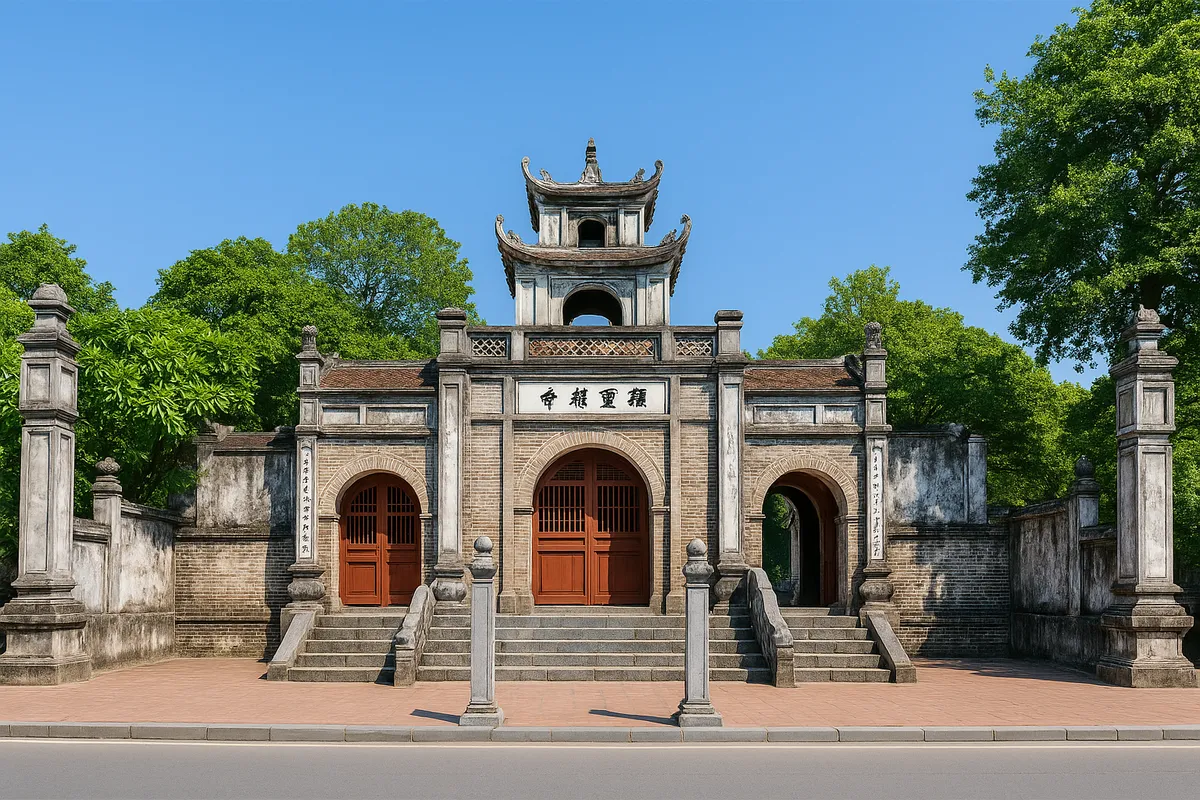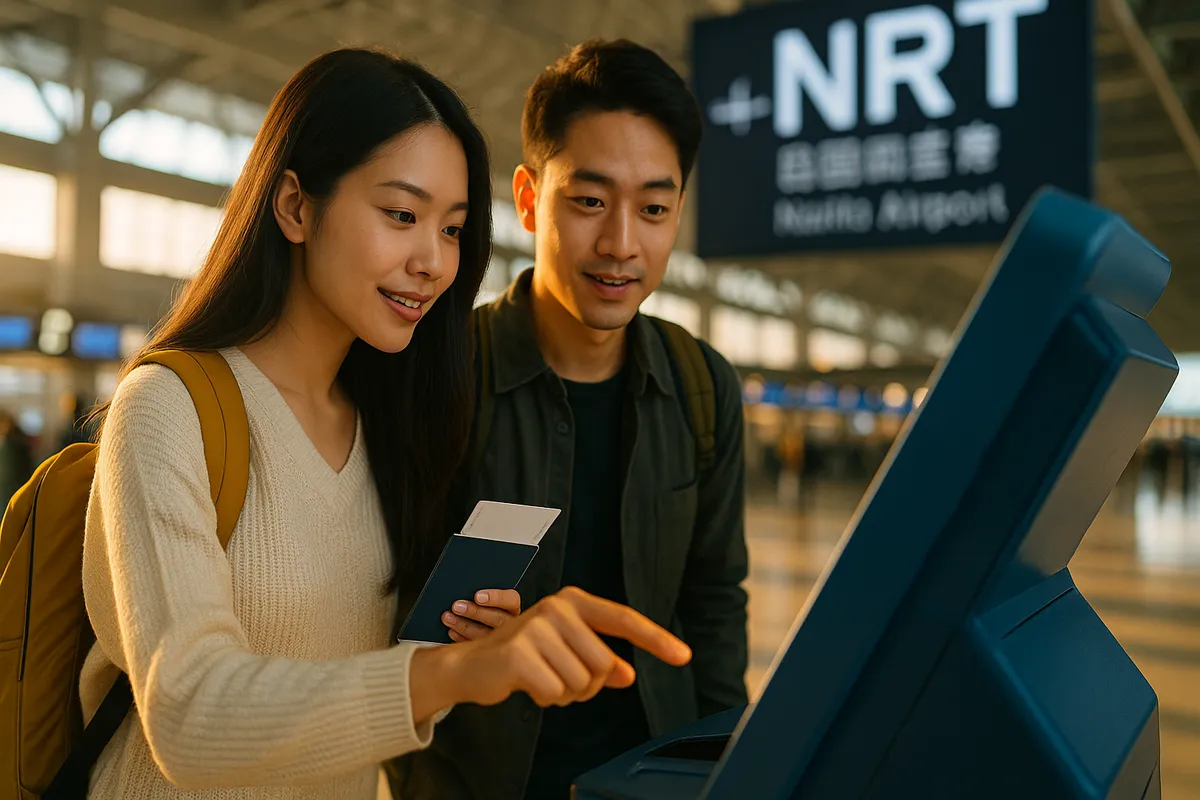US Deports Tourists Who Make the World Wary
- Wednesday, Jun 11, 2025, 10:58 (GMT+7)
US Deports Tourists Who Make the World Wary
Under increasing pressure from tightening immigration policies and growing anxiety within international travel communities, the United States tourism industry is facing one of the most significant credibility crises since the pandemic. From New York to Los Angeles, from tour operators to hospitality providers, the entire tourism value chain is witnessing a sharp decline in foreign arrivals, especially from key markets in Asia, Europe, and Latin America. In contrast, alternative destinations such as Canada, Japan, South Korea, and Vietnam are gaining momentum by implementing open visa policies, streamlined entry procedures, and consistent communication strategies. This article presents a comprehensive analysis of causes, consequences, shifting travel trends, and policy recommendations, offering clarity on the nature of the issue and practical insights for both governments and travelers.
According to data released by Tourism Economics on 10/06/2025, international tourist arrivals to the United States are projected to drop by 9.4 percent compared to 2024. This translates to nearly six million fewer visitors. New York City alone has revised its projection down by 17 percent for 2025, amounting to more than two million fewer international visitors. This decline results in billions of dollars in lost revenue across hotels, restaurants, retail outlets, and entertainment venues. The downturn occurs despite a strong global recovery in tourism, with other countries recording impressive growth rates.
The World Travel and Tourism Council reports that international travelers, although accounting for only 20 percent of total arrivals, contribute more than 50 percent of the overall tourism revenue in the United States. Any decrease in this segment therefore has direct and far-reaching consequences. Beyond the statistics, hundreds of thousands of jobs are at risk. Tour guides, transportation workers, hotel staff, food suppliers, and service providers are all being affected by the contraction in international tourism.
The primary cause of this crisis lies in the increasing complexity and opacity of US immigration procedures. Over the past year, numerous incidents have emerged involving travelers being denied entry, detained for questioning, or deported without clear explanations. Online travel communities, including Reddit, TripAdvisor, and Facebook groups, are filled with firsthand accounts describing experiences such as passport confiscation, mobile phone inspections, extended interrogations, and being held in private rooms at key entry points like JFK, LAX, and SFO. Some travelers have reported being banned from reentering the United States for five years without receiving any official documentation from Customs and Border Protection.
A report by the International Travel Association indicates that the rate of entry denials for travelers with valid US visas rose by nearly 22 percent in the first quarter of 2025 compared to the same period the previous year. Even established markets like Germany, South Korea, and Canada have seen unexpected visa cancellations or refusals based on undisclosed security concerns. Travelers from the LGBTQ+ community have raised additional concerns over visa processes requiring alignment between legal gender and physical appearance, creating discomfort and compromising privacy.
Since early 2025, immigration policy changes in the United States have created a widespread chilling effect. New visa interview requirements, increased fees, prolonged processing times, and vague guidance have all contributed to a significant decline in motivation to travel to the country. An industry that relies on the perception of being welcoming is now grappling with a reputation of unpredictability and risk.
As a result, travelers are shifting their focus to more accessible destinations. Tour operators in countries like France, Germany, Japan, and Vietnam are adjusting their offerings to favor countries with clear and reliable visa systems. Canada has become a favored alternative for those seeking a North American experience without the entry risk. Japan and South Korea are benefiting from the surge in demand thanks to user-friendly e-visa systems and bilingual airport services. Major travel platforms such as Expedia, Booking, and Agoda report an 18 percent year-over-year decline in US tour searches, while interest in destinations like Australia, Thailand, and Vietnam is rising sharply.
While the United States faces mounting challenges, Vietnam is emerging as a standout success story. According to the Vietnam National Administration of Tourism, the country welcomed more than 9.2 million international visitors in the first five months of 2025. This marks a 21.3 percent increase compared to the same period last year. Notably, over 65 percent of these visitors are return travelers. Vietnam’s appeal extends beyond affordability and scenic beauty. The ease of entry and hassle-free experience from arrival to departure plays a key role. Vietnam currently waives visas for citizens of 13 countries and offers e-visas to more than 80 nations, allowing stays of up to 90 days. This policy places Vietnam among the most open and traveler-friendly countries in Southeast Asia.
Vietnam's success is also driven by a coordinated communication strategy. The message “Vietnam is easy to come, easy to stay” is being promoted across digital platforms such as YouTube and Instagram, as well as through participation in international tourism expos like ITB Berlin and WTM London. More importantly, the country has maintained a consistent message that welcomes travelers regardless of nationality, ethnicity, gender, or religion.
This comparison reveals that visa policy is not merely an administrative process but a strategic element in national branding. A visa system that is clear, flexible, and welcoming can become a powerful growth engine. Conversely, confusing or intimidating immigration procedures can cause broad economic harm and erode a country’s reputation.
To reverse the current trend, the United States must adopt several reforms. These include developing a more transparent immigration process, publishing clear travel guidelines, providing online complaint systems, and offering support to travelers before arrival. Investments in technology such as biometric verification, pre-arrival screening tools, and automated support will also help reduce congestion at entry points and restore trust. Additionally, frontline officers should receive cultural sensitivity training to improve interactions at border checkpoints.
Vietnam, meanwhile, should view the current momentum as a strategic opportunity to reinforce and expand its international tourism position. Beyond maintaining open visa policies, the country should focus on upgrading infrastructure, enhancing service quality, investing in human resource development, and creating high-value tourism products. These may include wellness experiences, farm-based travel, business tourism, and river cruises. Sustaining trust from international travelers will require consistent procedures, transparent communication, and agile crisis response systems.
The contrast between the tourism outlook in the United States and Vietnam in the years 2024 and 2025 offers more than a case study. It highlights the profound role policy plays in directing people, money, and confidence around the world. In a post-pandemic era, where travel symbolizes freedom, autonomy, and experience, building a reliable, transparent, and traveler-friendly ecosystem is a durable advantage. Vietnam is on the right path. The United States must reconsider its direction.

 CHECKIN.VN
CHECKIN.VN








Share on